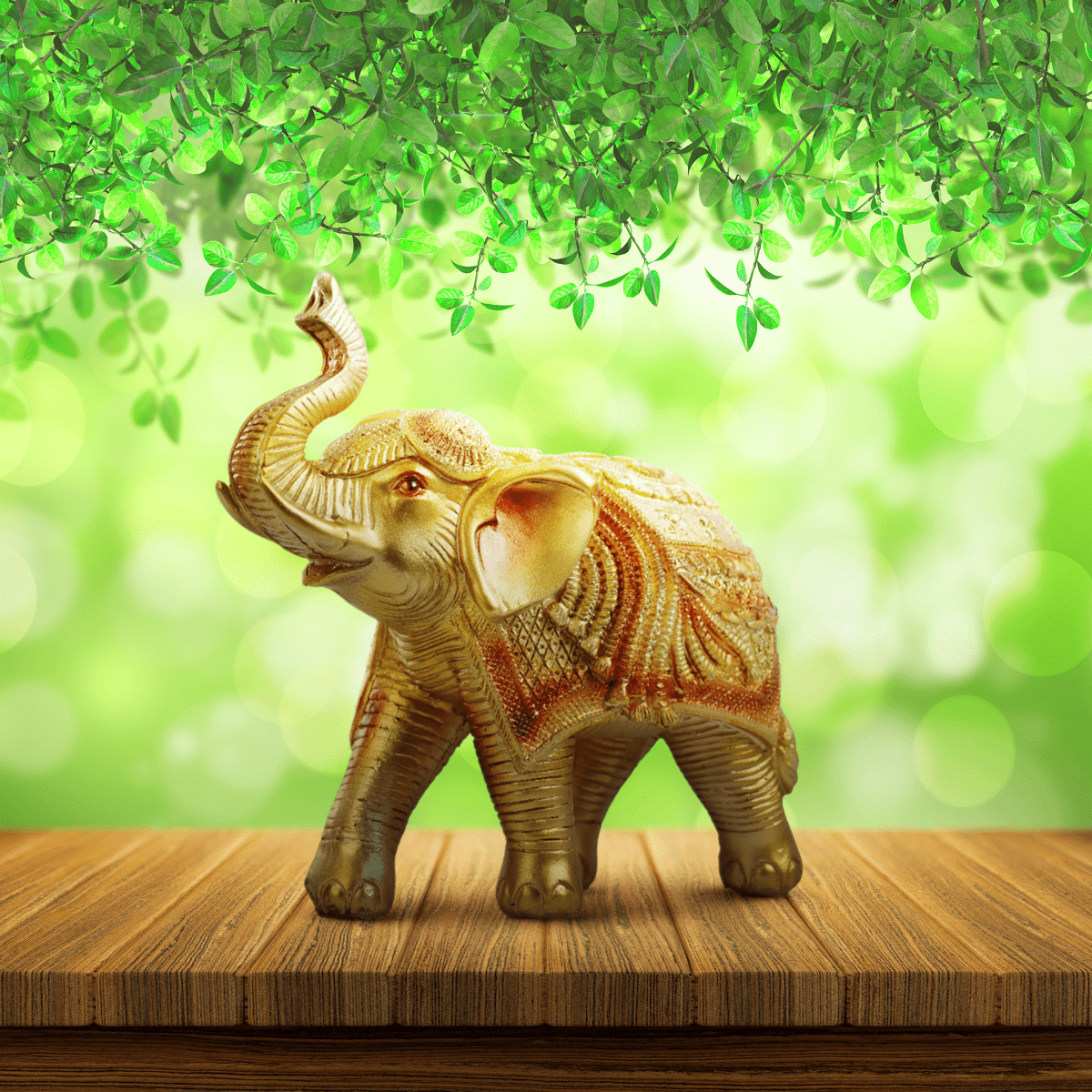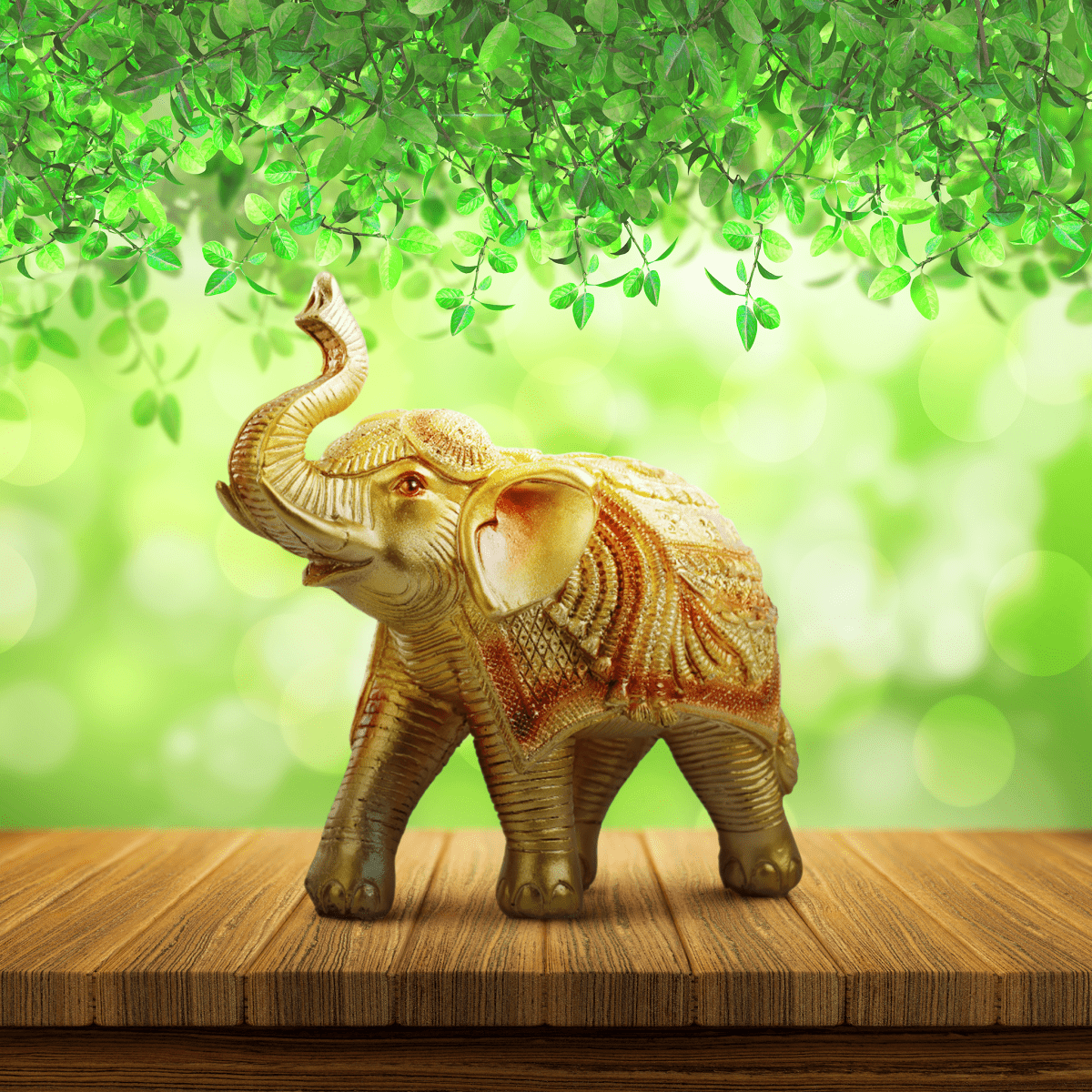Cultural Significance
In many Asian cultures, the elephant is a revered animal, symbolizing various positive attributes. In Hinduism, the elephant-headed deity Ganesha is one of the most worshipped gods, known as the remover of obstacles and the god of beginnings and wisdom. A golden elephant, therefore, represents not just physical strength but also spiritual enlightenment and prosperity. In Buddhist traditions, the white elephant is associated with the birth of Buddha, further emphasizing the animal's sacred status. When adorned in gold, the elephant's symbolism is elevated, representing wealth, power, and divine presence.
Artistic Representations
The golden elephant has been a popular subject in various forms of art, from ancient sculptures to modern paintings. Majestic Golden Elephant In traditional Asian art, golden elephants are often depicted in royal processions, adorned with intricate jewelry and regal garments, signifying their importance in royal ceremonies and religious rituals. These artistic representations not only showcase the elephant's grandeur but also highlight the craftsmanship and cultural heritage of the artists. In contemporary art, the golden elephant continues to inspire, with artists exploring its symbolic meanings through various mediums, including digital art and installations.
Historical Context
Historically, elephants have played a crucial role in many civilizations. In ancient India, they were used in warfare, their sheer size and strength making them formidable opponents on the battlefield. Elephants were also integral to ceremonial occasions, with golden elephants often leading processions during significant events such as coronations and religious festivals. In Thailand, the white elephant (often depicted in gold) was considered a symbol of royal authority and was highly prized by the monarchy. The historical significance of the golden elephant is thus deeply intertwined with the cultural and political landscapes of these regions.
Modern Symbolism
Today, the golden elephant continues to be a symbol of good fortune and success. In Feng Shui, a practice rooted in Chinese tradition, placing a golden elephant in one's home or office is believed to attract positive energy, prosperity, and protection. Businesses often use the image of a golden elephant in their branding to convey stability, reliability, and growth. The continued reverence for the golden elephant in modern times underscores its timeless appeal and the universal values it represents.
Conservation Efforts
While the golden elephant is a symbol of magnificence, real-life elephants face numerous threats, including habitat loss and poaching. Elegant Decor Piece For Home Online India Conservation efforts are crucial to ensure that these majestic creatures can thrive in the wild. Organizations worldwide are working to protect elephant populations, raise awareness about their plight, and promote sustainable practices that benefit both elephants and local communities. By supporting these efforts, we can help preserve the legacy of the golden elephant for future generations.






Comments